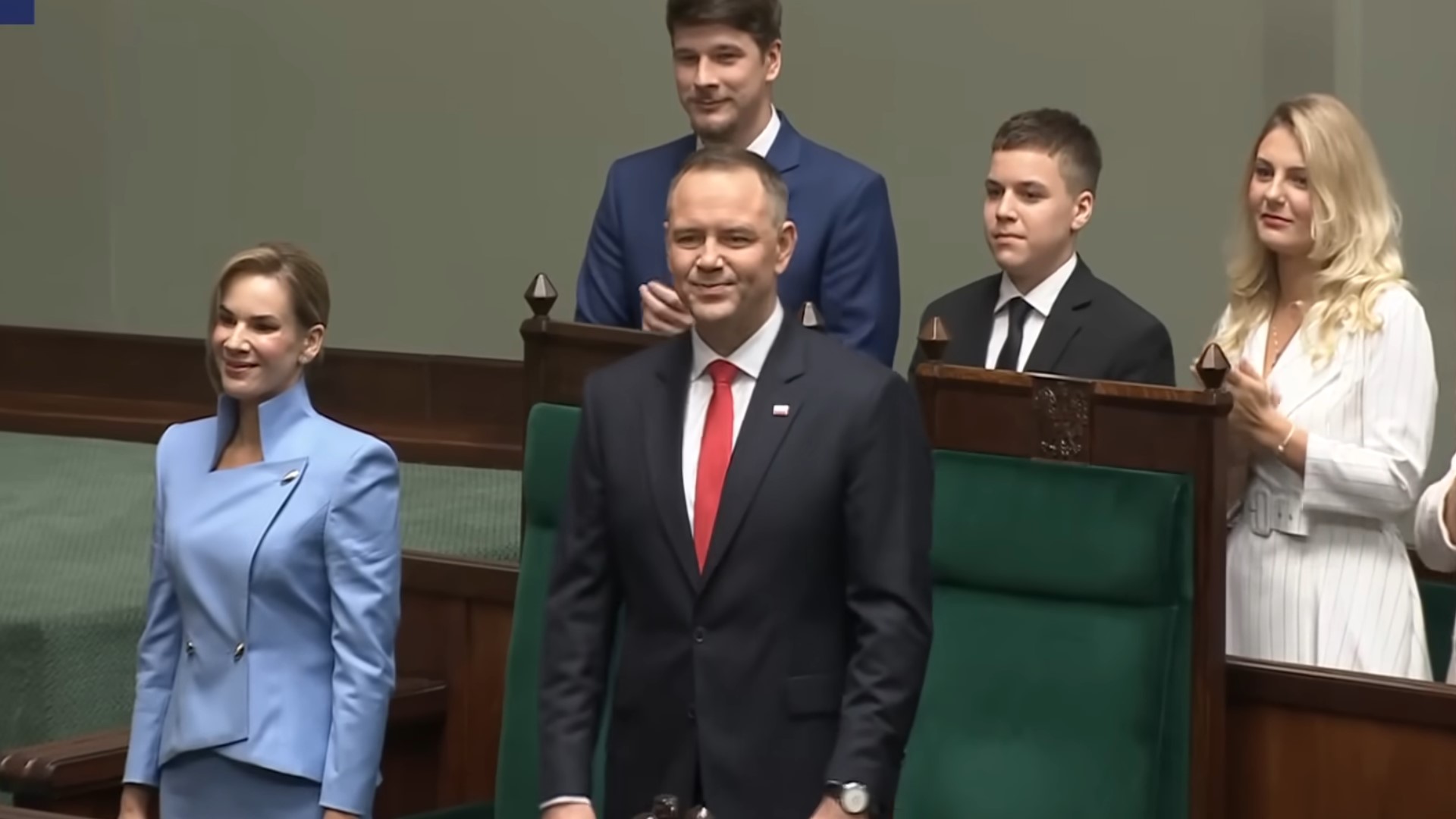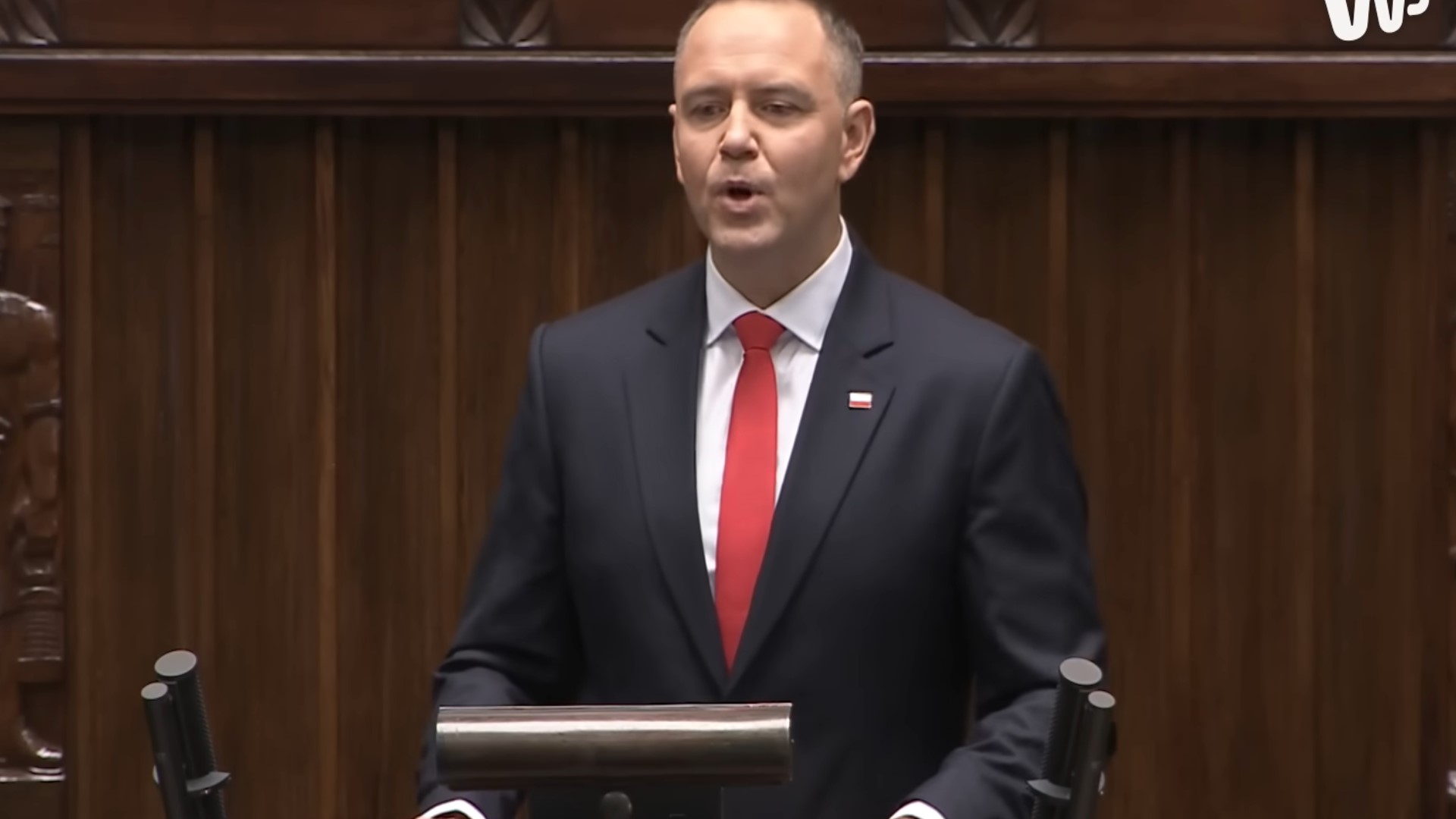Newly qualified doctors are driving Ubers and working in bars to make ends meet as they face a "recurring cycle of debt", the British Medical Association (BMA) has warned. The union claims students from poorer backgrounds are hit hardest by funding shortfalls that threaten to make medicine inaccessible to many.
Students in their final undergraduate year, along with those in the later years of a post-graduate medical degree, receive a reduced student loan alongside an NHS bursary. This leads to a £3,674 drop in funding on average, according to the BMA.
Students maxing out credit cards
Sophie Mitchell, deputy co-chair (finance) of the BMA's medical students' committee, told PA: "A lot of people are using these loans in previous years to either pay their rent and to live off. Losing out on a significant portion of that is meaning that students are struggling."
She added: "We've got people maxing out overdrafts, we've got people maxing out credit cards. We've got people going into very significant debt just to actually finish this degree."
Reduced funding for up to three years
The average medical student faces 12 months of this reduced funding. However, some post-graduate students, along with those on six-year degree programmes, face up to three years, Mitchell said.
Many students also face relocation expenses ahead of starting their first job in the NHS. "The issue with that is most academic years or final years start in around the middle of August," Mitchell explained.
Graduates forced into bar work
Students receive the reduced rate of funding until they get paid at the end of August the following year. "I know that a lot of my colleagues have had to get loans to pay their rent, or they've had to get credit agreements so that they can pay their rent," Mitchell said.
She added: "It's creating this recurrent cycle of debt that people are really struggling to get out of until that first paycheck." Mitchell said she knows of new graduates stewarding football matches or taking zero hours bar work to get by.
Uber driving to make ends meet
"We have people working behind bars. We have people stewarding," she said. "One of my friends is actually working for Uber at the moment, because it was the only work that she could get that meant that she could get some employment in the area that she's in."
Mitchell is heading the BMA's Fix Our Finance campaign alongside co-chair Henry Budden. She told PA: "Quite a common thing that we've heard about the campaign is 'every student gets a job, why are you guys complaining so much?'"
Intensive hospital placements
"But I think what people maybe aren't so aware of is actually how intense our course is," she explained. "You're training for that role that you're about to start. You're in hospital Monday to Friday, nine to five."
Some universities make their students do night shifts and weekends on top of placements. "And then on top of that placement, where you're learning to be a doctor, you're also having to revise for your exams," Mitchell added.
BMA calls for full funding
The BMA is calling on the Government to ensure medical students receive full student finance maintenance for the entirety of their course. The union claims this would cost the Treasury £24 million and just 0.12% of Student Finance England annual lending.
Mitchell and Budden warned the "situation isn't sustainable" and "does nothing to help those from poorer backgrounds or improve participation in medicine". They added: "Medicine is longer than many other degrees for good reason; because we want to ensure doctors working in the NHS have the best possible training."
Government acknowledges barriers
A Government spokesperson said: "NHS bursary grants were uplifted from last September for the first time since 2015 and will increase again by forecast inflation this year, but we know there is more to do to support future NHS doctors."
The spokesperson added: "The 10-Year Health Plan explicitly acknowledges that the cost of studying medicine is a barrier for working-class students. We are determined to break down these barriers and ensure the NHS workforce reflects the communities it serves, which is why we're exploring options to improve financial support to students from the lowest socio-economic background so that they are able to thrive at medical school."
(PA) Note: This article has been edited with the help of Artificial Intelligence.

 8 godzin temu
8 godzin temu







![Bliskościowi rodzice. Dbają o emocje dziecka, czy dają sobie wejść na głowę? [WYWIAD]](https://m.mamadu.pl/a94db636e14422adeff5a9e2fffa6157,1500,0,0,0.png)







